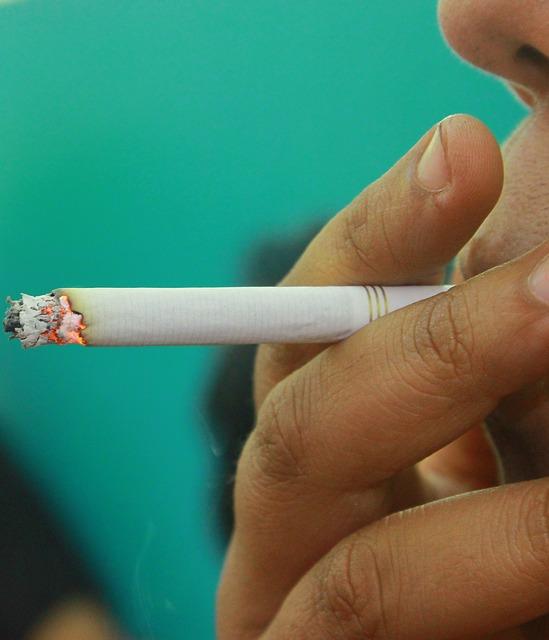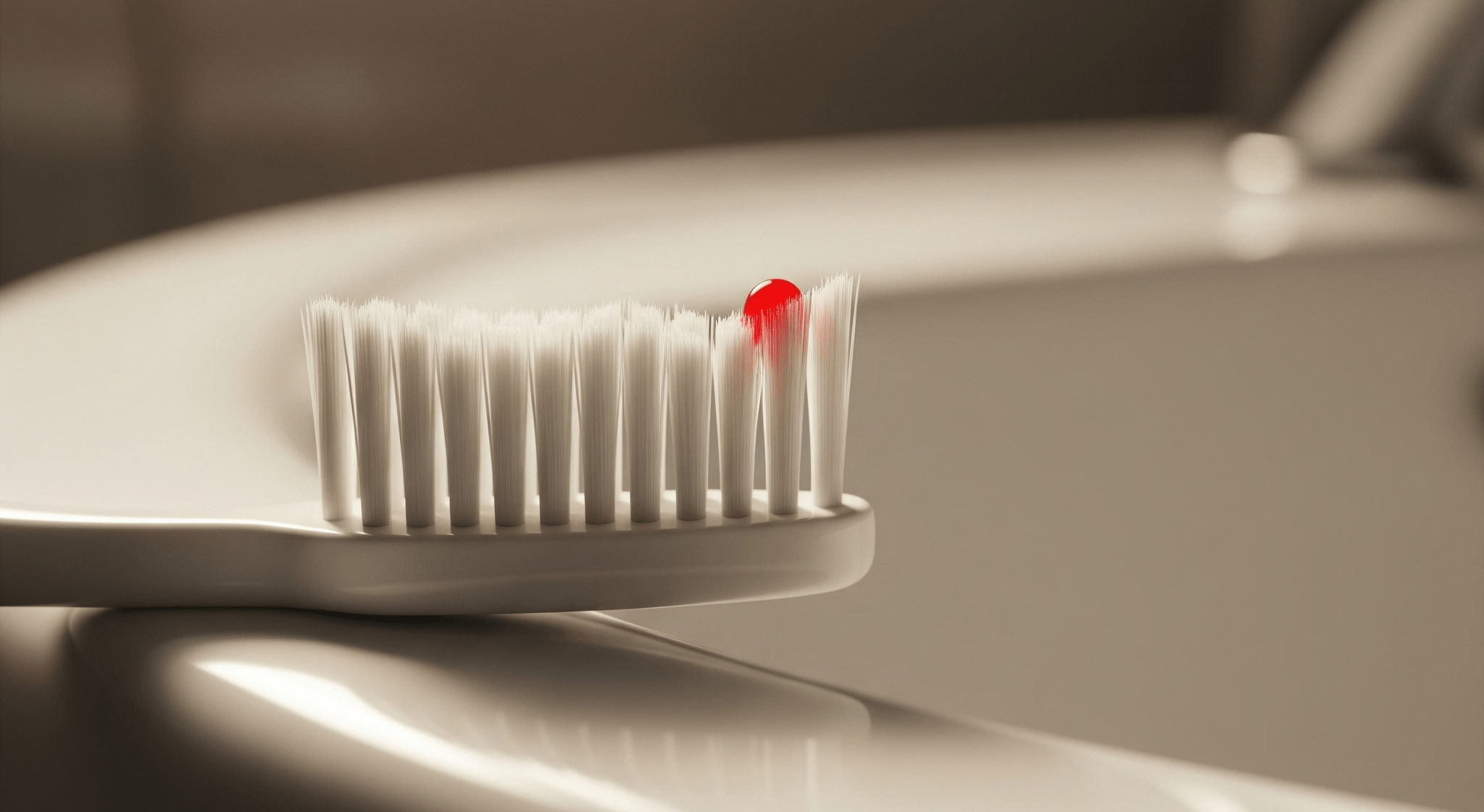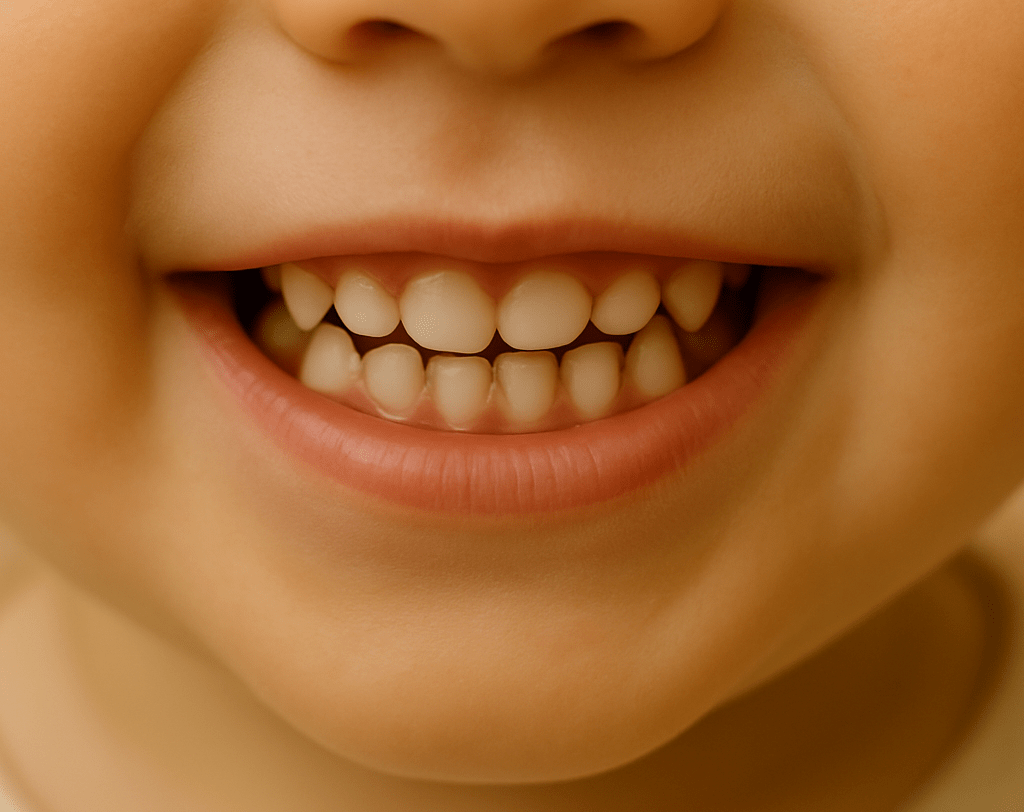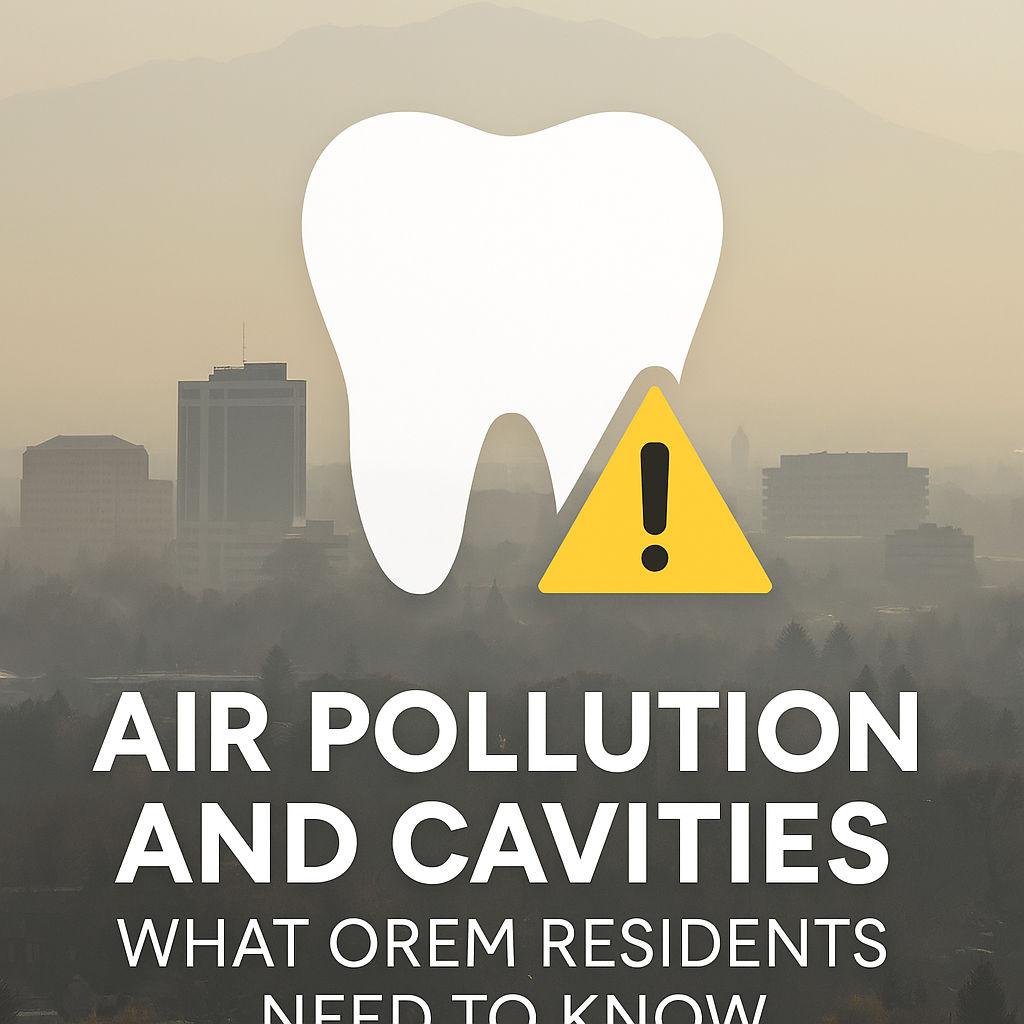Blog Highlights
- Based on recent research, secondhand smoke may cause cavities
- According to the Centers for Disease Control and Prevention, cavities are one of the most prevalent diseases among children
- More research needs to be conducted to confirm the link between secondhand smoke and cavities
It is commonly known that smoking can have a negative impact on a person’s oral health. Now the question is: Does secondhand smoke affect children’s teeth? There are many reasons why children get cavities. A diet high in sugar and refined carbohydrates, poor oral hygiene, as well as too little exposure to fluoride, can contribute to cavities. However, based on recent research secondhand smoke may be another factor.
According to the Centers for Disease Control and Prevention, cavities are one of the most prevalent diseases among children ages 6 to 11 years old and teens ages 12 to 19. If the cavities occur in a child’s new permanent teeth, they will have to deal with them for the rest of their life. Childhood cavities have become such a major concern that the issue was included in the U.S. Department of Health and Human Services’ latest initiative called Healthy People 2020. A main goal of the program is to reduce the number of cavities in children by at least 10 percent by 2020.
A study published by The Journal of the American Dental Association examined 15 studies. Several of these studies exposed a slight link between secondhand smoke and the manifestation of cavities in primary teeth. A handful of other studies showed a link between secondhand smoke and cavities in permanent teeth. More research needs to be conducted to confirm the link between secondhand smoke and cavities in children’s teeth, but it is worth noting the preliminary findings.
In an effort to prevent cavities and safeguard your children’s teeth (and overall health), take every precaution. Consider limiting or eliminating your child’s exposure to secondhand smoke.





